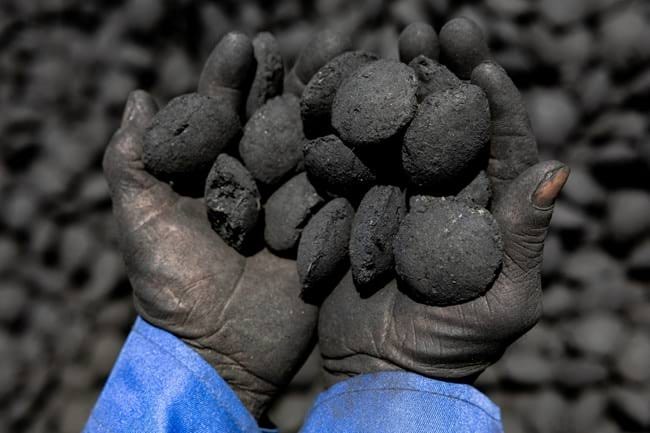In a bold push to slow accelerating deforestation and reform its domestic energy landscape, Chad is investing in biomass briquettes as a sustainable alternative to traditional firewood and charcoal.
ALSO READ: Central African Republic Advances Financial Governance with African Development Bank Support
Derived from agricultural residues, sawdust, and other organic waste, biomass briquettes offer a cleaner-burning and more environmentally friendly fuel source for cooking, particularly in rural areas where wood remains the dominant energy supply. With over 90% of households still relying on wood-based fuels and forest cover shrinking rapidly in regions surrounding Lake Chad, the government is positioning briquette technology at the center of its national energy transition.
Supported by international climate partners and local cooperatives, several pilot initiatives have demonstrated the potential of briquettes to reduce pressure on forests, create economic opportunities for women and youth, and cut harmful indoor emissions. The Ministry of Environment and Ecological Transition is now working on policies to scale briquette production through fiscal incentives, skills training, and public-private partnerships.
ALSO READ: Rwanda’s Powerhouse: The Top 5 Women Shaping a Political Revolution
While neighboring countries like Rwanda and Kenya have already integrated biomass briquettes into national clean cooking strategies, Chad is just beginning to develop a formal market for alternative fuels. The challenges remain significant, particularly around affordability, distribution, and rural adoption but stakeholders are optimistic that the model can work with the right investment and community engagement.
As the country eyes new sources of climate finance and aligns with regional environmental goals, biomass briquettes may prove critical not only for energy access, but also for preserving Chad’s rapidly vanishing forests.

